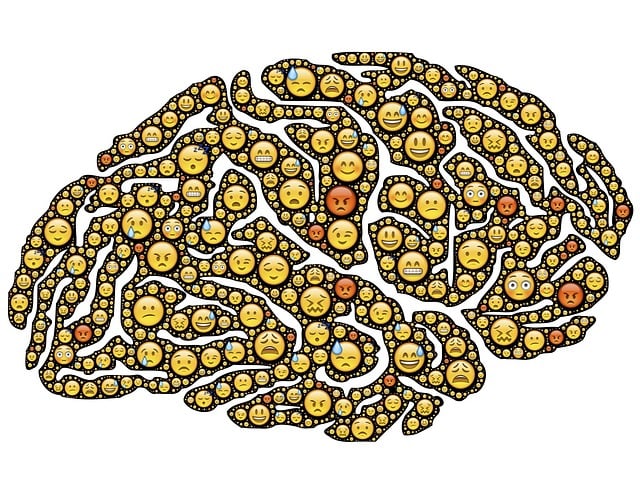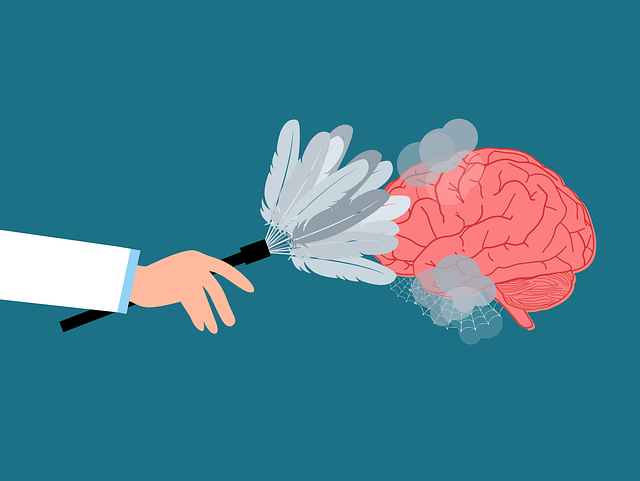Mental health policies play a pivotal role in shaping the care and well-being of internationally adopted children, addressing trauma and acculturation challenges through tailored therapy models. The current system faces barriers, prompting the need for multi-faceted solutions like community outreach, cultural competency training for healthcare providers, and mental wellness journaling. Despite global recognition, significant challenges persist in providing accessible, culturally competent therapy, especially in underserved communities. Effective policies, such as specialized training and awareness initiatives, are crucial to fostering resilience and ensuring these children receive specialized therapy tailored to their unique needs, emphasizing the importance of early intervention and culturally sensitive practices.
Mental health policy analysis is paramount in ensuring equitable access to therapy for children involved in international adoptions. This article delves into the complex interplay between mental health policies and their profound impact on fostering healthy transitions for adopted children. We explore global disparities, focusing on the current state of therapy access for kids, and identify challenges hindering progress. Subsequently, we present advocacy strategies aimed at improving therapeutic availability, advocating for policy changes that prioritize the mental well-being of adopted children worldwide.
- Understanding Mental Health Policy and Its Impact on International Adoptions
- The Current State of Therapy Access for Children in Adoption
- Challenges and Gaps in Global Mental Health Policies
- Advocacy Strategies to Improve Therapy Availability for Adopted Children
Understanding Mental Health Policy and Its Impact on International Adoptions

Mental health policy plays a pivotal role in shaping international adoptions, especially when considering therapy for children involved. Each country’s policies and approaches to mental wellness can significantly impact the availability and quality of care provided to adopted children, particularly those from diverse cultural backgrounds. Understanding these policies is essential to ensuring that kids receive the necessary support for their emotional well-being during and after adoption.
International adoptions often present unique challenges related to trauma, acculturation, and mental health disparities. Effective policy interventions can promote resilience building and compassion cultivation practices, addressing these issues proactively. By advocating for evidence-based therapy models and integrating cultural sensitivity into care protocols, policy makers can foster healthier outcomes for adopted children worldwide.
The Current State of Therapy Access for Children in Adoption

The current landscape of therapy access for children involved in international adoptions is a complex and multifaceted issue. Many challenges exist that hinder timely and adequate mental health support for these vulnerable youth, who often carry trauma and adjustment difficulties related to their past experiences and transitions. The lack of specialized services tailored to the unique needs of adopted children further complicates matters.
Addressing this gap requires a multi-pronged approach. Implementing community outreach programs can facilitate early identification of mental health concerns. Healthcare provider cultural competency training is paramount, ensuring professionals are equipped to offer sensitive and effective care to children from diverse backgrounds. Additionally, providing guidance on mental wellness journaling exercises can empower both children and their families to track and manage emotional well-being, fostering resilience in the adoption process.
Challenges and Gaps in Global Mental Health Policies

Despite growing recognition of mental health as a global priority, significant challenges and gaps persist in international policies. One pressing issue is the lack of accessible and culturally competent therapy for children, especially within underserved communities worldwide. Many countries struggle to integrate mental wellness services into primary healthcare systems, leading to delays in treatment and increased suffering. Furthermore, the complexity of cultural nuances requires specialized training for healthcare providers to offer effective support, particularly when dealing with diverse populations through international adoptions.
The need for comprehensive policies that address these gaps is evident. Initiatives such as Healthcare Provider Cultural Competency Training and the production of Mental Wellness Podcast Series can contribute to raising awareness and improving access to mental health resources. Fostering inner strength development among children, regardless of their background or location, should be a central focus in shaping effective global mental health policies.
Advocacy Strategies to Improve Therapy Availability for Adopted Children

Many adopted children struggle with mental health issues due to complex historical circumstances and transitions. Advocacy for improved therapy availability is a crucial step in ensuring these individuals receive the support they need for healthy emotional development and healing processes. International adoptions present unique challenges, highlighting the importance of access to specialized mental health services tailored to the specific needs of these children.
Advocacy strategies should focus on increasing awareness about the mental health needs of adopted children, promoting policies that ensure therapy accessibility, and encouraging culturally competent practices. By fostering a comprehensive understanding of emotional intelligence and its role in healing, advocates can push for resources that enable professionals to provide effective support. This includes investing in training programs that equip therapists with knowledge of adoption-related trauma and the skills to facilitate emotional intelligence development in young minds.
Mental health policy analysis reveals significant disparities in therapy access for children involved in international adoptions. The current state of care is often inadequate, with numerous challenges and gaps in global policies hindering effective support. By understanding the impact of policy on these vulnerable individuals, we can advocate for evidence-based solutions that ensure every adopted child receives the necessary therapy. Through collaborative efforts and innovative advocacy strategies, it is possible to improve therapy availability worldwide, fostering healthier and more secure lives for children adopting new families across borders.














